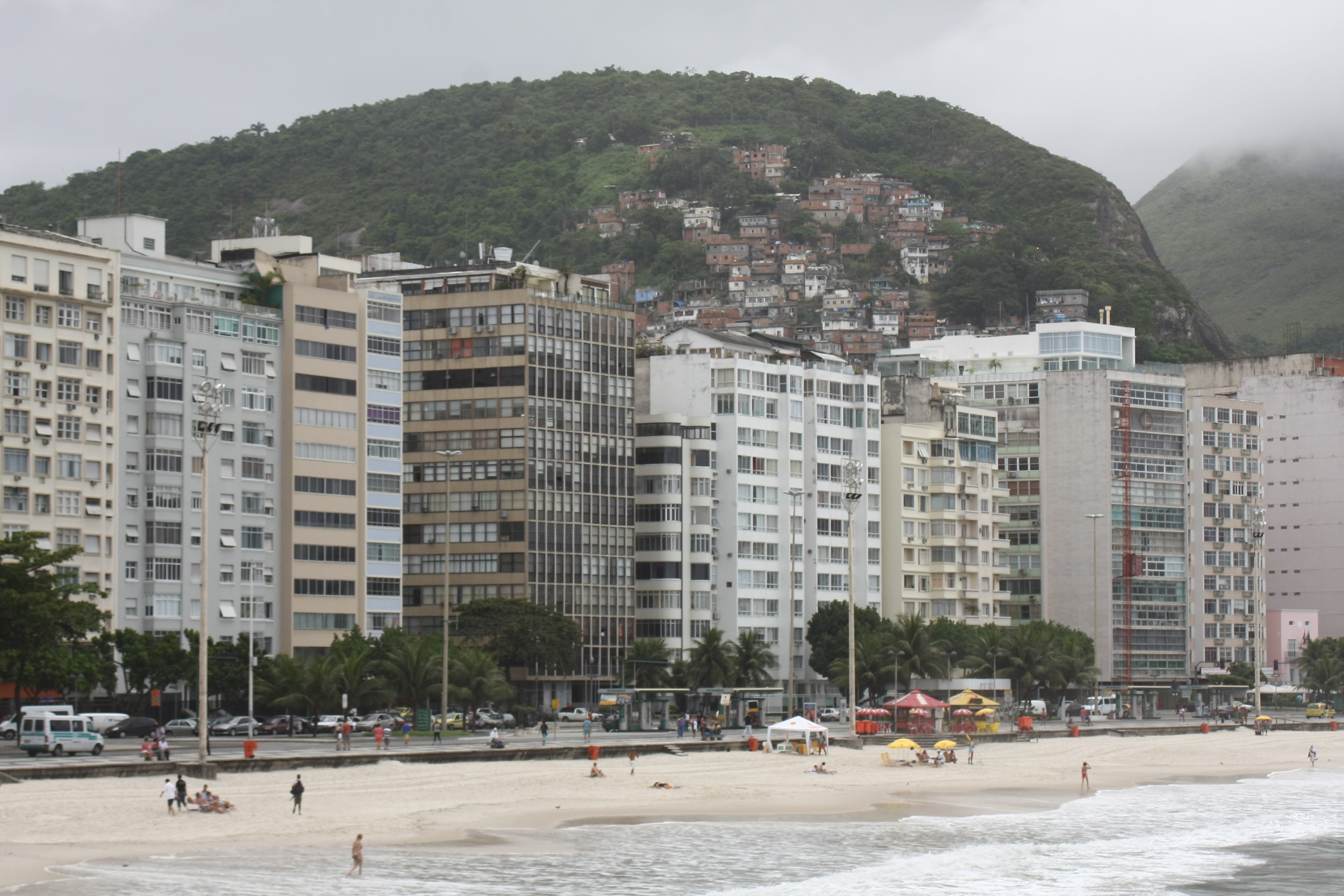South America and Portugal travel ban: What it means for you
Residents of the UK and Ireland will be able to travel home

Direct flights to the UK from Portugal and South America have been banned due to the Brazilian variant of coronavirus – though residents of the UK and Ireland will still be able to travel home.
These are the key questions and answers.
What has happened – and why?
The UK government has been increasingly concerned about a new variant of coronavirus that has emerged from Brazil. Like variants that have been identified in South Africa and the UK, it is alarmingly infectious.
The transport secretary, Grant Shapps, issued a sudden ban on flights from Portugal and every South American country except the Falkland Islands, and also the Central American nation of Panama and the Atlantic archipelago of Cape Verde.
The full list of Latin America countries is: Argentina, Brazil, Bolivia, Chile, Colombia, Ecuador, French Guiana, Guyana, Panama, Paraguay, Peru, Suriname, Uruguay and Venezuela.
The flight ban took effect from 4am on 15 January.
Portugal was included because of the strong links between Portugal and Brazil.
Mr Shapps said the ban would act “as another way to reduce the risk of importing infections".
The last departures from the UK to Portugal were the Friday morning scheduled services on TAP Portugal to Lisbon and Porto. The aircraft had arrived on Thursday evening, before the flight ban, and were allowed to fly back as normal.
Does the Portugal ban apply to Madeira too?
Yes. The “travel corridor” status that the island previously enjoyed, along with the Azores, has now ended.
Are there many people who will be caught by this?
The Latin American ban will have relatively little effect, due to the existing multiple restrictions and requirements for testing and quarantine. The only people travelling between the region and the UK are those with family connections.
The Portuguese ban will have much more of an impact, because there are significant numbers of British people either resident or on extended holidays there.
There is an exemption for lorry drivers travelling from Portugal, to allow transport of essential goods.
From Friday 15 January, passenger flights from those countries are banned.
What are the rules for people who normally live in the UK?
This measure does not apply to British and Irish nationals, nor to third-country nationals with residence rights. They will still be able to return home – though the flight ban will make life tricky.
All must quarantine for 10 days on arrival in the UK, as well as people in the same UK household.
The new rules also apply retrospectively. Anyone who has travelled from or transited through these destinations in the last 10 days must self-isolate for a further 10 days along with their households.
The test-to-release scheme does not apply – so a five-day option is not open to returning travellers.
How are people supposed to get home?
With flights cancelled from all of those locations, many people online are discussing transiting from Latin America through Spain. There may also be options for different routes, usually by air via a hub such as Amsterdam, Paris or Frankfurt – which allow “airside” transit with few restrictions.
People in Portugal can try to route themselves back via Spain. But of course travellers will need to check, and comply with, rapidly changing rules on crossing borders.
How is the travel industry responding?
It is yet another blow to travel businesses – on a day when Norwegian, the budget airline that used to fly from Gatwick to Rio and Buenos Aires, announced the closure of its long-haul operations with the loss of more than 1,100 jobs.
Danny Callaghan, chief executive of the Latin American Travel Association, said: “It is vital that this travel ban is reviewed on an ongoing basis subject to the epidemiological situation and the associated risks and not just forgotten about or kicked down the road endlessly.
“There is no doubt that the region’s tourism sector has been hit hard by the economic fallout which has meant that travel to the region, for the most part, has ground to a halt. This development will further have a knock on effect in terms of consumer confidence.”
Join our commenting forum
Join thought-provoking conversations, follow other Independent readers and see their replies
Comments